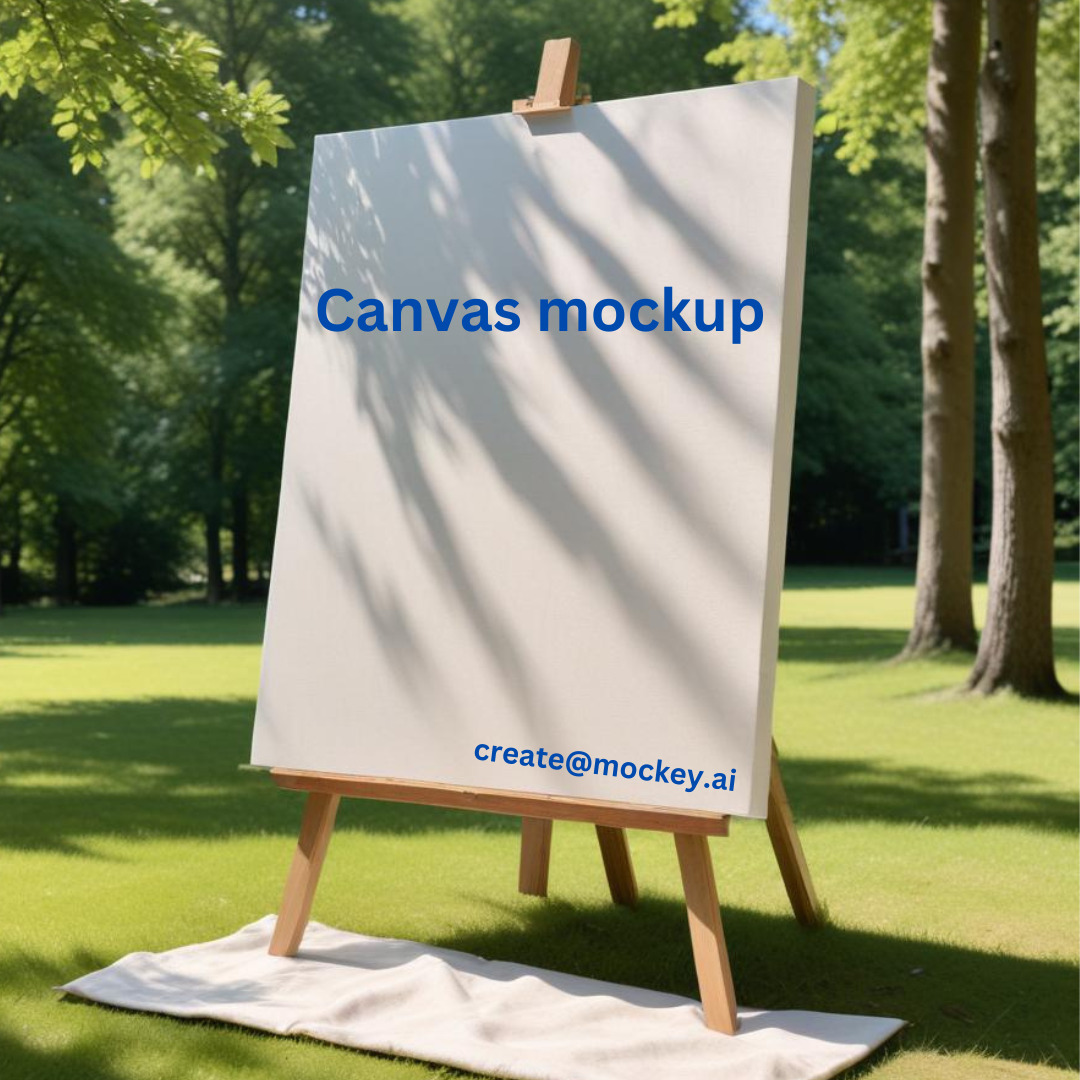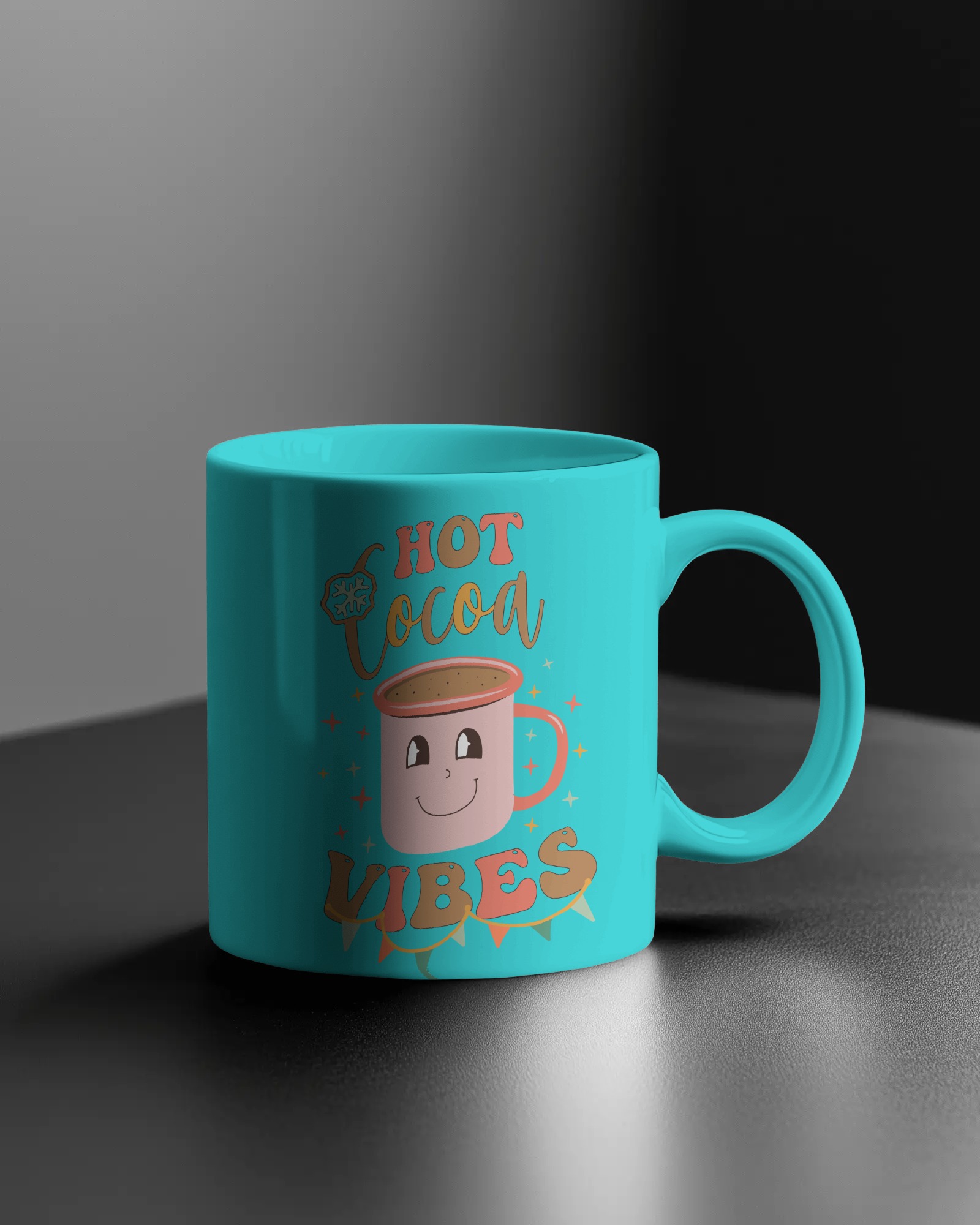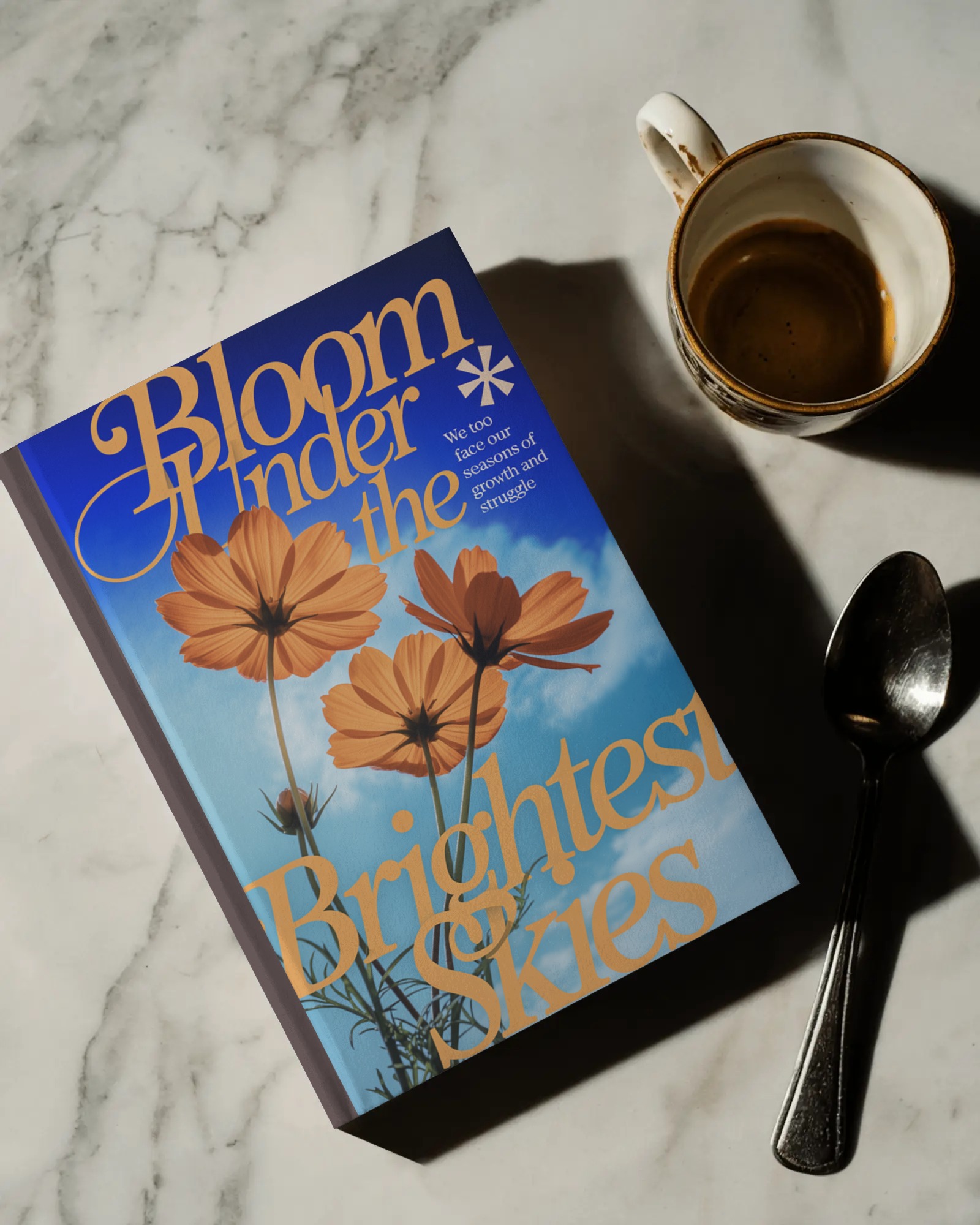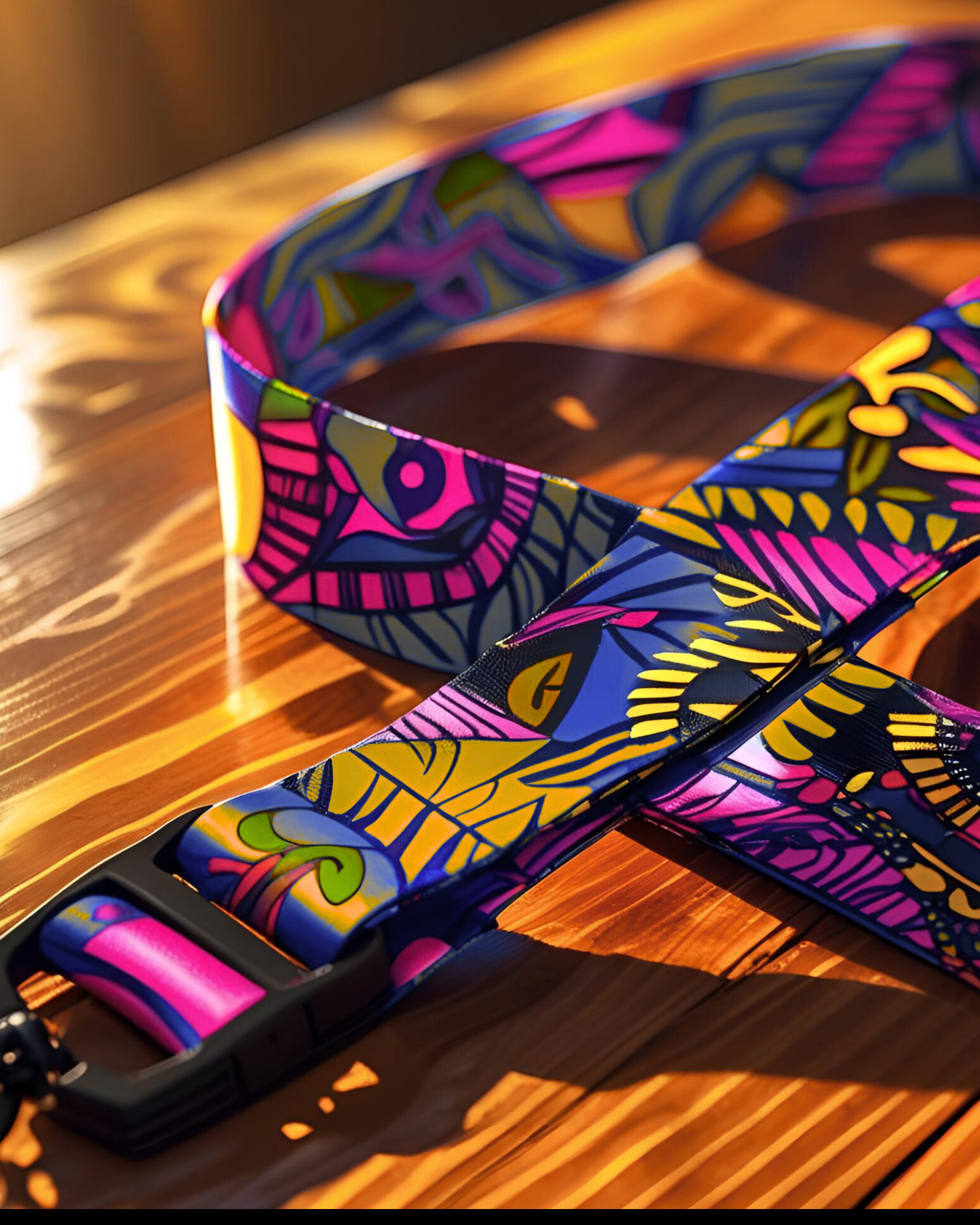Best Practices for Choosing the Perfect Canvas Mockup Style

Strong 8k brings an ultra-HD IPTV experience to your living room and your pocket.
Canvas mockups have become an essential tool for artists, designers, and businesses. Whether you're presenting artwork, marketing products, or enhancing your online store, selecting the right canvas mockup style can make all the difference. The ideal mockup not only highlights your design but also appeals to your target audience and matches your brand’s aesthetic.
In this blog, we’ll explore the best practices for choosing the perfect canvas mockup style to showcase your work effectively.
1. Understand Your Audience
The first step in selecting a mockup style is knowing who you’re designing for.
For Home Decor Shoppers: Opt for mockups featuring cozy living rooms, bedrooms, or modern interiors.
For Corporate Buyers: Choose clean, minimalist settings such as offices or meeting rooms.
For Art Enthusiasts: A gallery-style mockup can convey sophistication and artistic value.
Tip: Think about the emotions and aspirations of your audience. A vibrant, playful mockup might appeal to young families, while a serene and elegant setup suits fine art buyers.
2. Match the Mockup to Your Design
Your canvas mockup should enhance, not overpower, your design.
Bright, Bold Designs: Use neutral or minimalistic backgrounds to let your artwork shine.
Soft, Subtle Artworks: Pair these with warm-toned, cozy settings to emphasize their calming effect.
Photographs or Realistic Art: Choose mockups that showcase texture, such as close-ups of canvas material.
Pro Tip: Ensure the mockup reflects the scale and proportions of your canvas. A large design might lose its impact in a mockup meant for smaller canvases.
3. Consider the Setting
The setting of the mockup plays a crucial role in its appeal.
Residential Settings: Perfect for personal or family-oriented designs.
Commercial Spaces: Suitable for motivational quotes or office-friendly artwork.
Outdoor Displays: Best for showcasing weather-resistant or large-scale canvas designs.
Example: If you’re marketing a beach-themed canvas, an outdoor mockup with soft sunlight and coastal decor can create the right vibe.
4. Prioritize High Resolution and Realism
Low-quality or unrealistic mockups can harm your brand’s credibility.
Look for mockups with high-resolution textures, realistic shadows, and accurate lighting.
Ensure that the canvas edges and folds are clear, showcasing the true-to-life feel of your product.
Use a Canvas Mockup Generator: Tools like Mockey allow you to upload your designs and instantly generate high-quality mockups in a variety of settings. This saves time and ensures your visuals are polished and professional.
5. Choose Mockups That Reflect Your Brand Identity
Your mockups should align with your overall brand image.
For Luxury Brands: Opt for elegant, minimalistic mockups with muted tones and clean lines.
For Vibrant and Creative Brands: Use colorful, dynamic settings with bold decor.
For Sustainable Brands: Select mockups featuring natural materials, such as wooden frames or eco-friendly decor.
Consistency across your product listings or promotional materials helps build a recognizable brand presence.
6. Test Different Layouts and Orientations
One size doesn’t fit all when it comes to canvas mockups. Experiment with various layouts to find what works best:
Single Panel Mockups: Great for standalone art pieces or detailed designs.
Multi-Panel Mockups: Ideal for triptychs or complementary artwork series.
Landscape vs. Portrait Orientation: Match the orientation to your design to ensure it looks natural and balanced.
Pro Tip: Include multiple views (e.g., straight-on, angled, and close-up) to give your audience a comprehensive understanding of your product.
7. Adapt for Seasonal Trends
Incorporating seasonal elements into your mockups can boost relevance and engagement.
Spring: Use light, airy mockups with pastel decor.
Summer: Showcase your designs in vibrant, sunlit spaces.
Fall: Choose warm, rustic tones with seasonal accents like pumpkins or leaves.
Winter: Highlight cozy interiors with holiday decor for a festive touch.
Tip: Update your mockups throughout the year to stay fresh and aligned with customer expectations.
8. Consider the Final Platform
Where you showcase your mockups will influence the style you choose.
E-Commerce Stores: Use clear, simple mockups with consistent lighting and neutral backgrounds.
Social Media: Choose eye-catching, styled mockups that fit the platform's aesthetic (e.g., vibrant settings for Instagram).
Print Materials: Ensure high resolution and realistic details for mockups used in brochures or advertisements.
Example: A mockup designed for an Instagram post may differ from one intended for a product listing on an e-commerce website.
9. Balance Creativity and Functionality
While it’s important to be creative, never lose sight of functionality.
Ensure the mockup accurately represents the dimensions and colors of your canvas.
Avoid overly busy backgrounds or props that distract from your design.
Pro Tip: Simplicity often works best. The focus should always remain on the artwork, with the mockup serving as a complementary element.
10. Test Audience Reactions
Before finalizing your mockup style, gather feedback from a small audience.
Share multiple mockup variations with friends, colleagues, or existing customers.
Use their input to determine which style resonates most with your target market.
Tip: Platforms like A/B testing tools can help you analyze how different mockups perform in terms of engagement and sales.
Conclusion
Choosing the perfect canvas mockup style requires a thoughtful approach that balances creativity, audience needs, and brand alignment. By understanding your target market, testing different layouts, and using professional tools like canvas mockup generators, you can create visuals that not only enhance your products but also build trust and credibility.
Start applying these best practices today and watch your canvas designs captivate customers and elevate your brand!
also read:
How to Make a Lanyard Mockup: A Step-by-Step Guide
Top 10 Free Poster Mockup Resources for Designers
Note: IndiBlogHub features both user-submitted and editorial content. We do not verify third-party contributions. Read our Disclaimer and Privacy Policyfor details.







